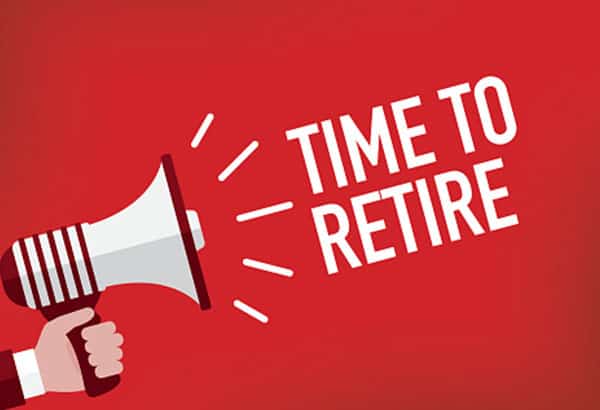Congratulations! You are hot! Yes…you! As a woman in your prime, you just made history. You are the hottest demographic in the labor market today.
Women…okay…men, too are working well past historical retirement ages. Many are working deep into their 70s and 80s. Men and women 65-74 years old are expected to be as much as 32% of the workforce by the year 2022. 11% of the workforce could be over 75 in that same year. Within the next 10 years, older workers will become the fastest growing segment of the workforce. There! Take that – you young millennials.
This up tick in “working while older” isn’t solely driven by the need for more money. Longer life span, healthier lifestyles, advances in medicine, and individuals’ continuing need for purpose and achievement all contribute to this trend.
What Does This Trend Mean to You?
This trend comes with a cautionary note for all – and a little retirement advice. Don’t say you are going to retire unless you mean it. Retirement means stepping back from the world of work, engaging with the world in a different way – far away from the offices, cubes, studios of paid employment. It means you come off the lists of possible candidates and referral lists. Future opportunities disappear. Saying you are going to retire and meaning something different has consequences.
Here are the 5 pieces of Retirement Advice You Should Know Before Announcing Your Retirement:
1. Leaving your job at age 55, 62, 65 isn’t the same thing as retiring.
People leave their jobs for all kinds of reasons at those ages. Saying you are retiring when you are really leaving your job and plan to look for another misdirects your greatest source of leads. People in your network think you don’t want to work, and you have led them to believe that you are opting out the workforce permanently.
 2. Taking your early retirement option or a company “buy out” isn’t the same thing as retiring.
2. Taking your early retirement option or a company “buy out” isn’t the same thing as retiring.
This action is a financial decision that allows you to extract money from an established program. Again, don’t misdirect your career contacts by labeling this activity as your retirement. They will think you have elected to take a financial stream of dollars that allows you to kick back with a margarita on the beach at 3 in the afternoon – not that you’ve made a financial decision that allows you to have more freedom about the kind of work you will pursue.
3. Electing to take social security isn’t the same thing as retiring.
Sure, social security benefits are available to those who are retired, but those benefits are also available to some who are actively working. Don’t confuse your financial decisions with your decision to work – or not to work.
4. Tapping into your retirement investments is not the same thing as retiring.
Again, it’s a financial decision. In some cases, there is a financial responsibility to take a minimum distribution from your accounts at a certain age. There is no requirement for most of us to retire at a specified age. Taking those distributions is not an announcement that you just retired.
 5. Deciding to work part time, whether as a board member, cashier, or consultant is not the same thing as retirement.
5. Deciding to work part time, whether as a board member, cashier, or consultant is not the same thing as retirement.
Duties, responsibilities, and pay accompany those roles. Retirement is a conscious act, singular in its meaning – to retire is to stop the act of working for pay and step off the field of pay-for-effort.
Working While Older
As an executive coach to some of the world’s most successful executives, I am often with them at times when they are contemplating their next career move. Sometimes, a discussion begins with my client using the “r” word (retirement) to describe their plan to leave their current company. Most of the time they mean something much different. The words that more accurately describe their intentions include relaunch, rewire, reinvent, move to act 2, and even move to act 3. All are euphemisms signaling their intent to stay engaged in the world of work but leave their current job.
Before you announce your retirement to friends, family, colleagues, and the universe, make sure you mean it. Retirement is a word loaded with meaning, and it means specifically that you don’t wish to be part of the 32% who will be “working while older.” You may want to get further retirement advice from a professional before announcing a “real” retirement.







